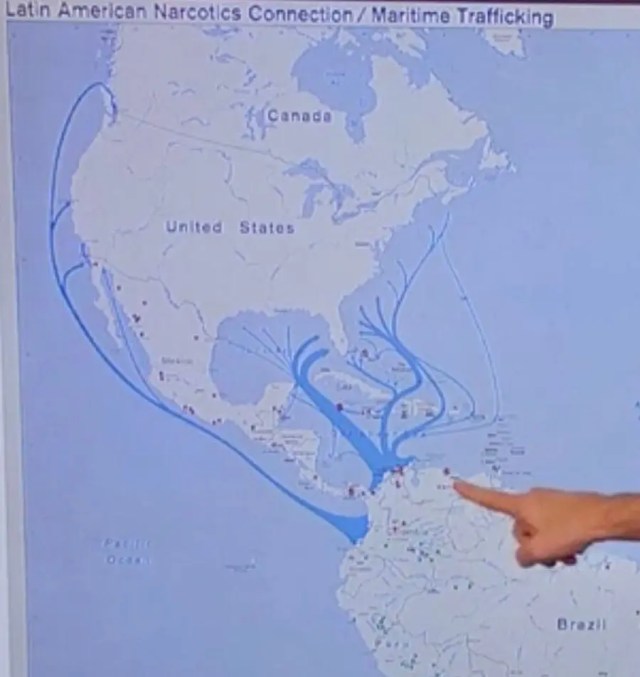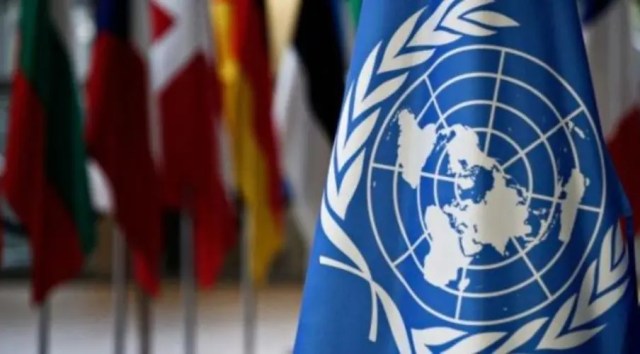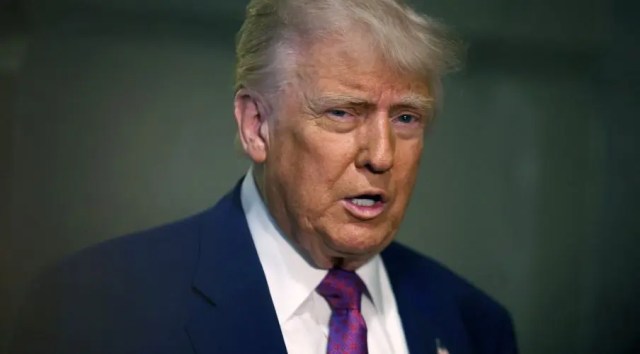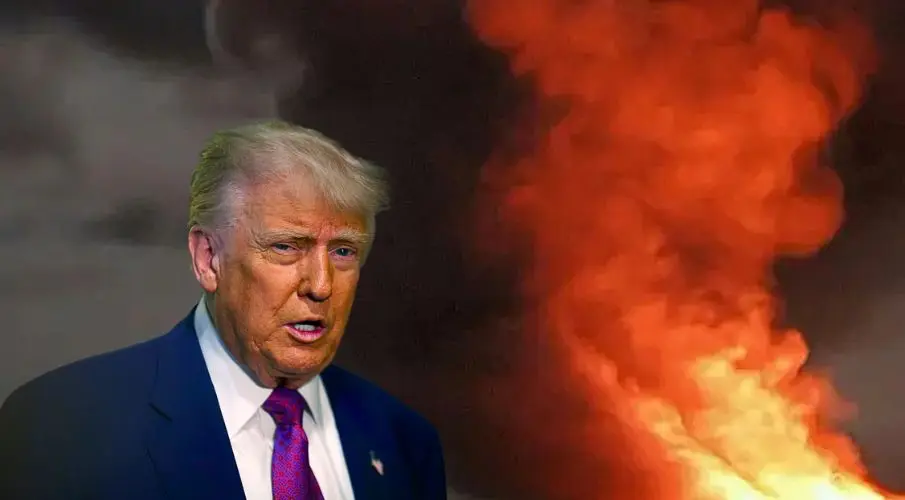A not publicly released, unclassified communication to Congress, 17 dead at sea, a new narrative: Donald Trump has it recorded that the United States is in an "armed conflict" with drug cartels that his administration has designated as terrorist organizations; those killed in the Caribbean Sea are called "unlawful combatants" in the paper. The basis for the transmission is 50 U.S.C. § 1543a: Within 48 hours after an operation, the White House must report to the defense and foreign affairs committees - with the legal authority, date, place, and duration, the parties involved, a description of the forces used and their mission, and the number of combatant and civilian casualties. In exactly such a report the administration shifts the "War on Drugs" from a catchphrase into war mode - with claims to powers that do not exist under police law: lethal force without an immediate threat, detention without indictment, proceedings before military courts.
The legal twist is radical: smuggling becomes an "armed attack", cartels become "nonstate armed groups", the operation becomes a "noninternational armed conflict". This is precisely where experts sound the alarm. It is illegal to target civilians who are not directly participating in hostilities - even if they are suspected. A former top legal adviser to the U.S. Army does not speak of a borderline case, but of a breach of the line: this does not stretch rules, it tears them up. Members of Congress also say there is no solid legal basis, no credible evidence, no transparent clarification - but clandestine warfare against "enemies" defined by the president himself.

See our research under: "Death Came Out of the Clear Sky" at the link: https://kaizen-blog.org/en/der-tod-kam-aus-dem-klaren-himmel/
The gap in the facts is even larger. The focus of the strikes was on boats from Venezuela. The recent overdose wave, however, is driven by fentanyl - a chain that experts primarily trace to Mexico. On site, according to the information available, there were neither floating drug sacks nor other contraband. Those killed so far had nothing to do with drugs. Yet there is silence: no comprehensible criteria for who counts as a "combatant", no list of the alleged enemies of this war, no standards for target selection and evidence preservation. A video of an explosion does not replace evidence.

Internationally there is no blank check: neither the UN nor the EU has approved Trump's "war" reading. UN human rights experts and NGOs warn of unlawful killings under international law and demand evidence, a mandate, and transparency. In Latin America and Europe critical voices are growing, China speaks of intimidation - and even in Washington the pressure to involve Congress is increasing. In short, the world is stirring - slowly but audibly. International law is not a rubber band. The UN Charter allows the use of force only with a Security Council mandate or in genuine self-defense against an armed attack. Serious crime is reprehensible - it is not an "armed attack". Whoever defines it that way shifts the threshold from police law into the law of war. Today a speedboat, tomorrow a truck, the day after tomorrow people on land: a door that must not be opened because behind it lies the end of the distinction between law enforcement and war. Even if one assumes the framework of war, international humanitarian law would still be binding: distinction, proportionality, military necessity. For civilian crews at sea that means no free pass.

At its core this is not about a president's fantasies, but about people: fishers, sailors, day laborers on water who are labeled and killed as "unlawful" without indictment, without defense, without forensic review. Families who receive no answers, only formulas. A public that sees clips instead of files. A president who claims the power to define where an obligation to justify would be. What is needed now can be said without slogans: transparency instead of hints - the publication of the legal opinions, the target criteria, the names of those killed, the evidence and the damage assessments; genuine parliamentary oversight that clarifies whether any mandate for the use of force exists and, if not, explicitly forbids it; the primacy of human rights over any doctrine, that is, a return to police law where it belongs, because the law of war is not a shortcut; and international responsibility that takes the UN Charter seriously and marks red lines as an authority, not as a chorus. This is about lives, not labels. Whoever invokes the law of war must prove war - adversary, structure, actions, mandate. Until then the basics of the rule of law apply: arrest, charge, prove. Anything else turns misery into executive power - and a world that still claims honor must not let that happen.
Investigative journalism requires courage, conviction – and your support.
Please also strengthen our journalistic fight against right-wing populism and human rights violations. We do not want to finance ourselves through a paywall so that everyone can read our research – regardless of income or origin. Thank you very much!


Danke für diesen Bericht.
Die getöteten Menschen haben keine Lobby.
Nur Trump der sie verächtlich als Drogendealer betitelt und ohne rechtlich Grundlage tötet.
Aber was ist die Konsequenz?
Der Kongress küsst Trump die Füße. Es gäbe nur eine Chance, wenn auch Stimmen der Demokraten nötig wären.
Trump erlässt ein oder mehrere Dekrete, „die das rechtfertigen“.
Oder Trump ignoriert alles und macht weiter wie bisher
Was will die Welt, die UN unternehmen?
Hier in den Medien geht das vollkommen unter. Leider.